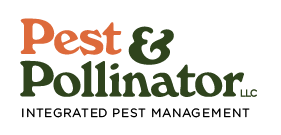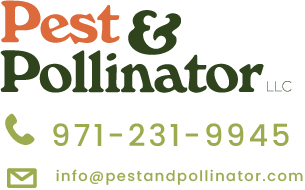Seeing a rat in your backyard during the day? Wondering what keeps rats away outside naturally? This article reviews the basics of outdoor rodent control using IPM so you can get back to enjoying your backyard.
How to Control Rodents Outdoors Naturally
In most cases, a few adjustments to habitat and food sources will control rats outdoors without poison. Reducing or removing habitat & food first before using pesticides is part of IPM.
IPM stands for Integrated Pest Management. Farmers, gardeners, homeowners, food handlers, and pest control use IPM to control mice, rodents & other pests effectively.
How to Deter Rats Naturally
When you wipe your counters and take out the trash, you’re using IPM. The basic concept is to develop good cultural practices to prevent pest issues. So to avoid rats at the home naturally, you’ll want to learn & understand the basics of IPM.
Integrated Pest Management looks at everything in 5 chronological steps. Starting with:
- Tolerance level, determining when when the pest becomes and economic or health problem,
- then Sanitation, or removing food and habitat which causes pests to thrive,
- Exclusion and manual trapping,
- Biological controls,
- and lastly, Pesticides when all else fails.
A smart IPM strategy greatly decreases need for chemical pesticides. Check out our infographic below to get the “FYI” on IPM.
What Should I do If I See a Rat Outside?
If you’re seeing rats outside in daylight, you should call at rat control professional.
For many pests like aphids, simply tolerating them for a period of time may be the best natural pest control option. Oftentimes right when we’re about to act, some ladybugs will give us a free aphid control service. Problem solved.
But rats are smarter than aphids. They choose to live in human habitats and are expert at avoiding natural predators. Rats are one of the most challenging pest problems in human history.
Since rats are a significant ecological invasive species, economic pest causing millions in damage anually and health issue that can spread diseases, we shouldn’t increase our tolerance for them.
Failing to act will worsen the problem by allowing rats to breed and reproduce out of control.

Dealing With Rats Outdoors
Aggressively eliminating any food sources & hiding places is the best option to get rid of rodents outdoors without poison.
- Yard debris & rock piles, overgrown vegetation and unused outbuildings all provide ideal nesting areas for rodents.
- Dropped bird seed, chicken scratch & pet food dishes outside are free groceries for rats to take home to their growing families.
- If rats do not have food or anywhere to hide, they will not be safe. They are more likely to be controlled naturally. Or go elsewhere.
Oftentimes food sources like wildlife feeders & chicken coops in the neighbors’ yard creates a difficult situation for you. If you have a dialogue with this neighbor, be diplomatic. But explain to them that you are dealing with rats in the garden and you may resort to calling a professional exterminator to kill the rats outdoors.
Biological Rat Control
For some pests like mosquitos we have developed ways to control them with natural, biological pesticides. For instance, the miraculous bacterium BT (bacillus thurengensis) is famous for safe organic mosquito & garden insect control. Unfortunately, there are no known-effective biological pesticides for rat control.
What Animals Eat Rats?
In the ecosystem, coyotes, hawks, owls, cats, dogs, raccoons, opossums, weasels and other predators provide natural rodent control.
Unfortunately, rats are highly adapted to use human structures like sewers, attics & crawlspaces to hide from & evade these predators.
Safety Tip: Don’t encourage pets to eat dead rats. Dead rats found should be bagged and placed in an enclosed garbage bin. Most domestic pets are NOT inclined to actually eat dead rats. However, some expired or slow-moving rodents found may contain small amounts of rodenticides. So if your pet is known to eat rats, they should be discouraged from using dead rats as a primary food source. Generally the risk of secondary poisoning to domestic pets is very low, even if they do consume multiple rats containing rodenticide.
Removing Rats Under a Shed
If you want to get rid of rats under a shed or deck, follow the steps outline above. For burrows under a concrete slab, get rid of rats temporarily by baiting and backfilling the burrow with pea gravel.
Keep your eye out for evidence of more burrowing under your shed or slab. Anticipate that even if a rat burrow is backfilled, it may be re-excavated. If it is filled with concrete, they will burrow around.
Removing Rats Under a Deck
Luckily, removing rats from under a deck may be as simple as making a cat door. If raccoons, feral cats, and other rat predators are able to access a crawlspace under your deck or porch, rats are unlikely to nest or live there. If the space under your deck is closed off to cats, then rats are more likely to hang out down there.
Rat Removal and Inspection Services
If you have cleared any food and habitat, but are still seeing rats, inspect your home thoroughly for gaps. If there are no gaps greater than 1/4″, then you may not need to take any further steps.
Unfortunately, others may need to take additional steps to control rats & mice because their homes aren’t able to be closed off without thousands of dollars worth of modification to the home.
More and more often, homes with dirt crawlspaces are being burrowed into by Norway rats. Or ometimes homes entire gutter lines separate from the roof board leaving you susceptible to roof rats invading.
If you’re interested in a professional peace-of-mind inspection and custom pest management strategy for rats outside, give us a call. We’ll help you avoid rats at home naturally.
Pest & Pollinator specializes in knowledgable, dynamic & ecologically responsible rodent control for Portland.
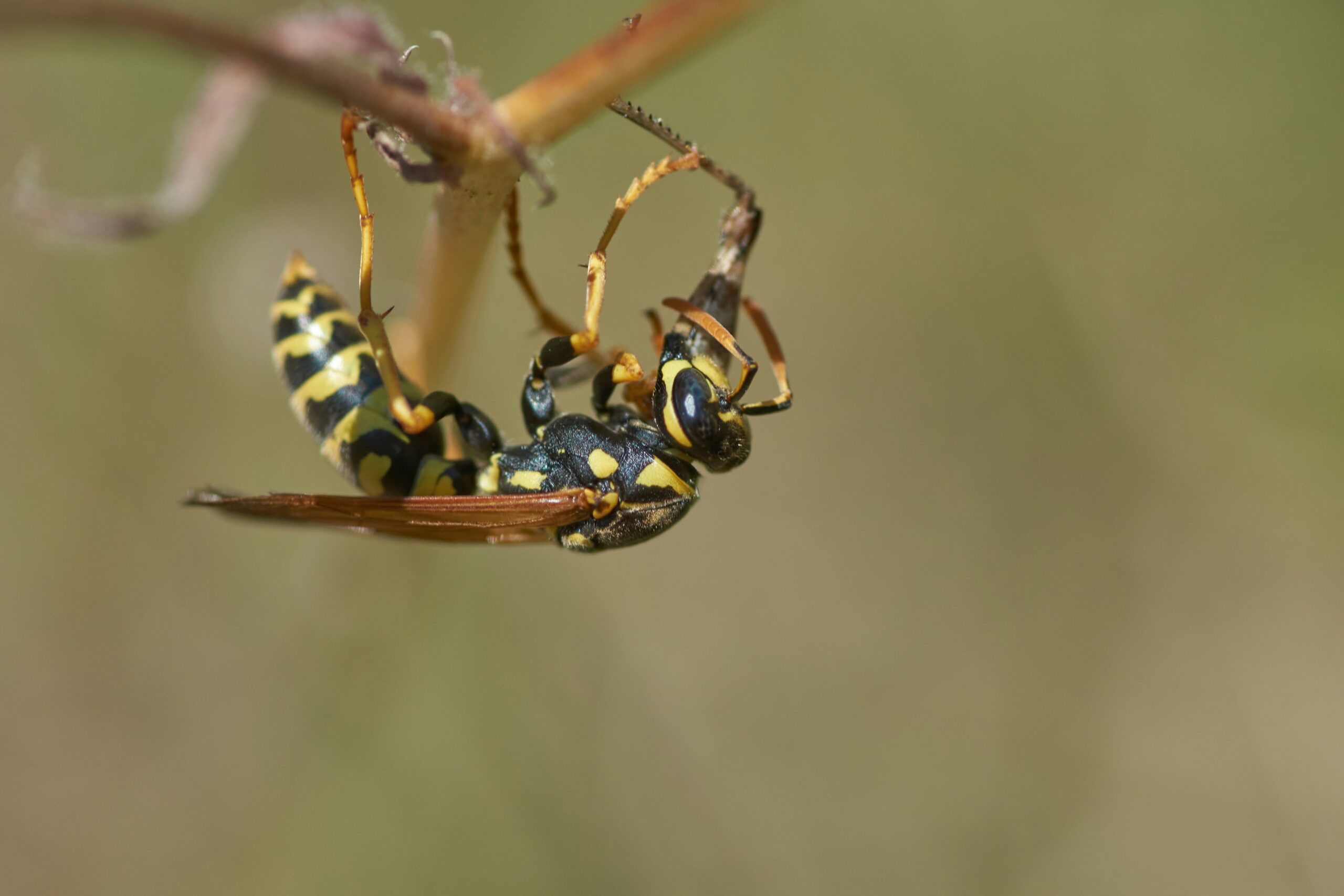
How to Get Rid of Wasps and Yellow Jackets Naturally

What Really Repels Rats & Mice?
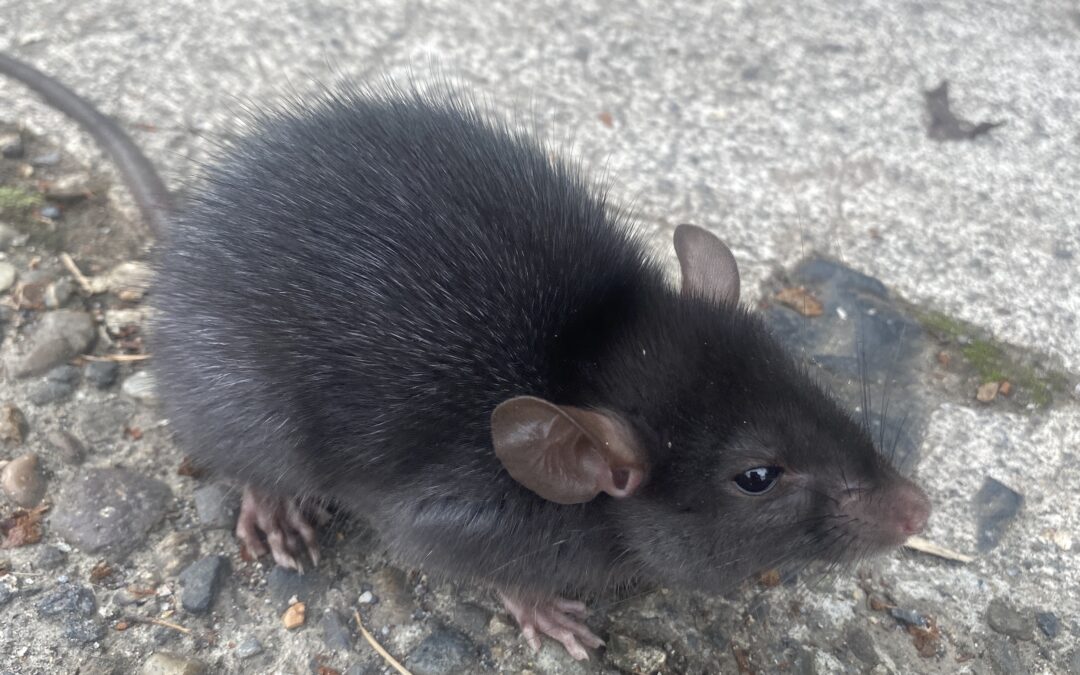
10 Ways to Get Rid of Rats without Killing Them

The 5 Best DIY Treatments for Ants (Safe for Pets)
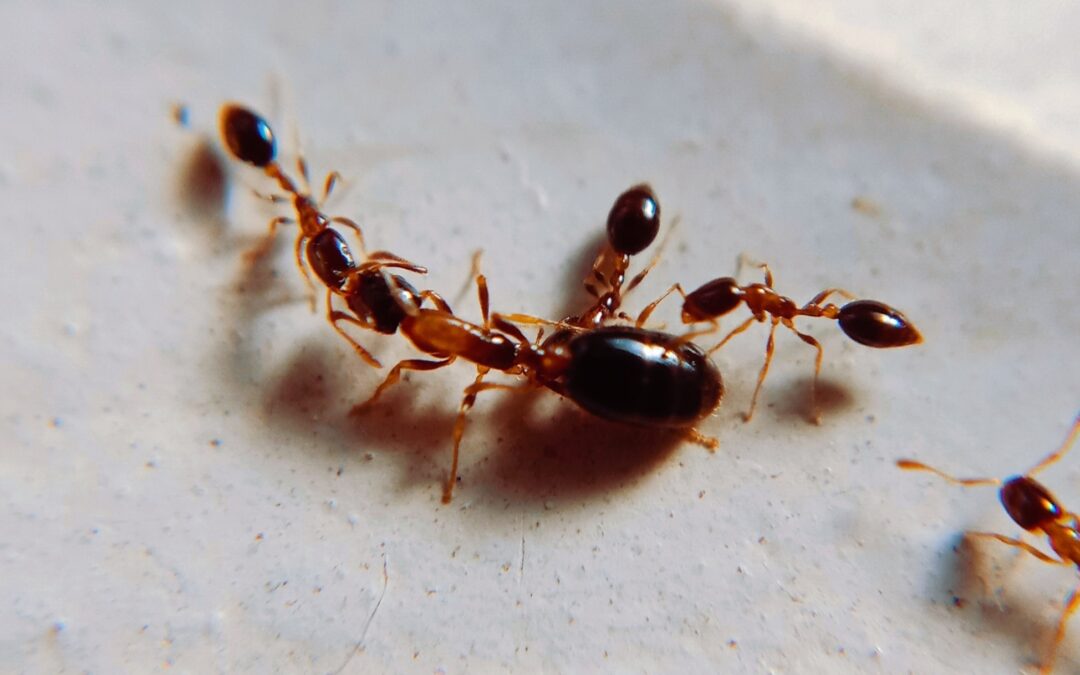
Get Rid of Ants Fast and Permanently

2 Ecological Traps to Avoid in Your Backyard Habitat

Hear Scratching in the Ceiling? – What To Do Next

